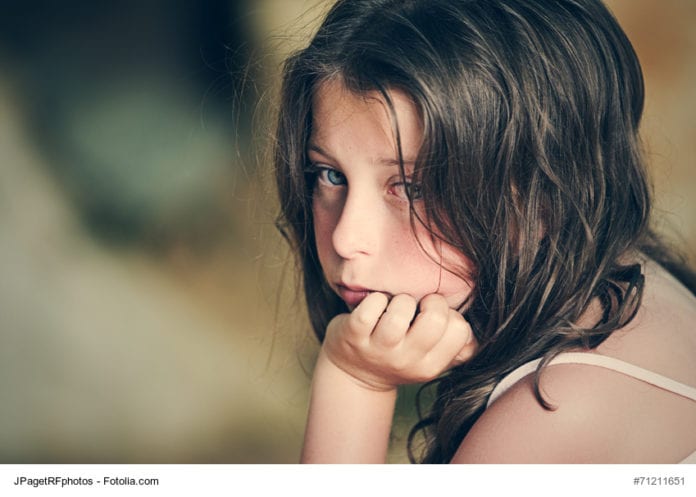1. Understanding The Concept Of “Forever”
To young children, death can seem temporary or reversible. Grief camps can help children work through this confusion. Activities may include encouraging children to write letters or create art in remembrance of their lost loved ones. This can help foster an understanding that while that person may no longer have a physical presence, there are other ways to communicate, thus altering the meaning of “forever.”
2. Acting Out In Physical Or Unrelated Ways
Young children may have short, intense “grief bursts” that are followed by normal play and activities, while older children can have severe mood shifts or changes in quality of school work. Hospice can provide additional resources and counseling to assist parents in how to best deal with these moments, and recognize when additional support is needed.
3. Requiring An Explanation Of Death In Order To Understand It
Hospice support groups and counselors can provide creative, gentle ways to explain the process of dying to children and provide parents with tools to explain death to their children.
SOURCE MomentsOfLife.org


